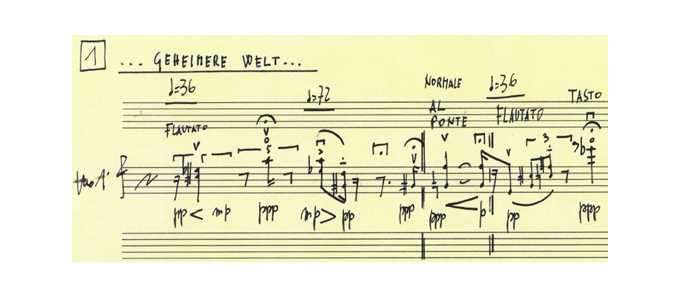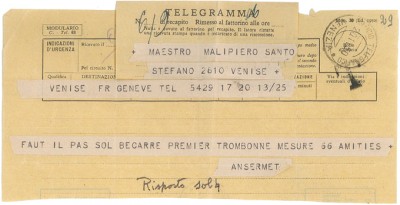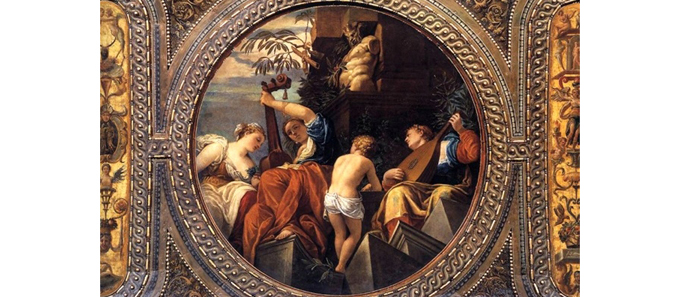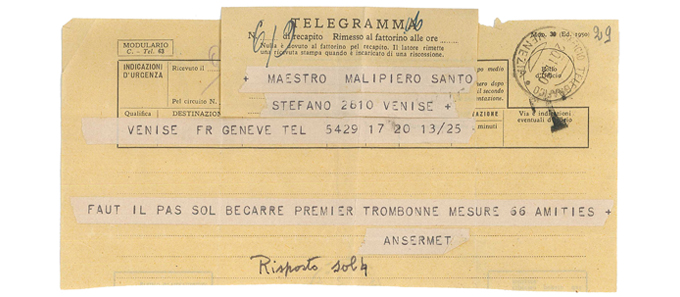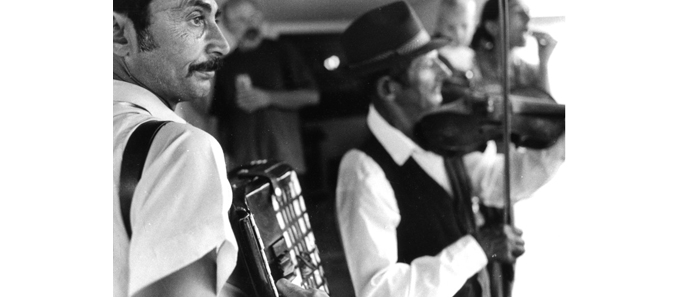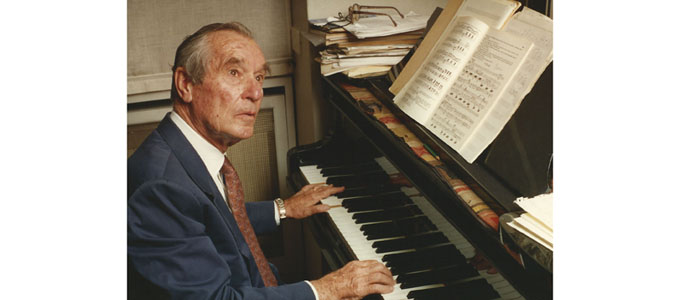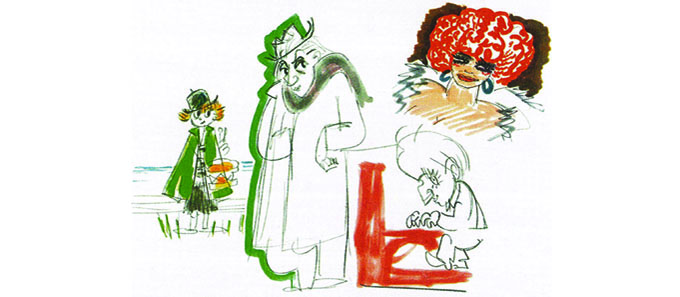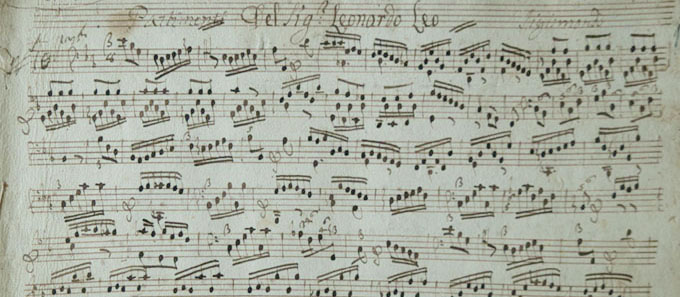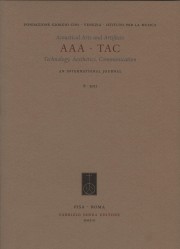Music Printing and Publishing in Modern Italy – New Approaches
International Workshop
Venice, 13-14 February 2014
Printed music is quantitatively the most important source for the study of European music of the sixteenth, seventeenth and eighteenth centuries. Since a significant part of the music editions printed before 1800 were produced in Italy, with a peak between the late sixteenth and early seventeenth century, there is a clear need to investigate this production from many points of view: production contexts, repertoire selection processes, marketing strategies, processes and canals of international dissemination and reception, transmission history of surviving editions, historiographical perspectives on these sources as tools for the study of musical phenomena of the past.
The international workshop Music Printing and Publishing in Modern Italy – New Approaches has three main objectives:
- to discuss the latest results of recent research in the field of music printing and publishing in Italy before 1800.
- to encourage exchange of scholars working in this area and develop new research approaches and perspectives.
- to present and discuss some innovative research tools, as the new database Printed Sacred Music in Europe 1500-1800.
Contacts
David Bryant – david.bryant@unive.it
Ca’ Foscari University, Venice
Luigi Collarile – luigi.collarile@unifr.ch
University of Fribourg / Ca’ Foscari University, Venice
Organised by
University of Fribourg – Switzerland
Institute of Musicology
Ca’ Foscari University, Venice – Italy
Department of Philosophy and Cultural Heritage
Fondazione Giorgio Cini, Venice – Italy
Institute for Music
Swiss Consulate in Venice – Italy
Program
Thursday, 13 February 2014
Swiss Consulate in Venice (Palazzo Trevisan)
9.00h Opening
David Bryant, Luigi Collarile, Jacqueline Wolf, Gianmario Borio
9.30h Key Note
Chair – David Bryant
Respondents – Neil Harris, Luca Zoppelli
Luigi Collarile (University of Fribourg – Ca’ Foscari University, Venice)
Edizioni musicali italiane perdute. Nuove prospettive bibliografiche e storiografiche
11.00h Study Session I
Respondents – Patrizio Barbieri, Iain Fenlon
Bianca Maria Antolini (Conservatorio di Perugia)
Il «Dizionario degli editori musicali italiani». Bilancio di una ricerca
Rodolfo Baroncini (Conservatorio di Adria)
«In Merzaria»: l’officina Gardano e il contesto socio-antropologico delle contrade di San Salvador e San Zulian (Venezia, 1580-1610)
15.00h Study Session II
Chair – Luigi Collarile
Respondents – Marco Di Pasquale, Rudolf Rasch
Patrizio Barbieri (Rome)
Prime testimonianze sui librai musicali di area veneta a Roma: nuovi documenti, 1567-1569
Rebecca Edwards (St. Martin’s University, Washington)
A Valuable Perspective on the Relationship between Musicians and Printers in 16th-Century Venice: the Case of Claudio Merulo
Carrie Churnside (Birmingham City University)
Reflections upon Working on Italian Music Printing and Publishing in the Seventeenth- and Eighteenth-Centuries Italy
17.00h Study Session III
Respondents – Rodolfo Baroncini, Rebecca Edwards
Iain Fenlon (King’s College, Cambridge)
Composers, Dedicatees and Publishers
Marco Di Pasquale (Conservatorio di Vicenza)
Intorno alla pratica della dedica. Il caso dell’Accademia Filarmonica di Verona
Friday, 14 February 2014
Fondazione Giorgio Cini (Island of S. Giorgio) Sala Barbantini
9.00h Study Session IV
Chair – David Bryant
Respondents – Bianca M. Antolini, Carrie Churnside
Constance Frei (University of Geneva)
I primi tipografi musicali bolognesi
Giulia Giovani (Istituto Storico Germanico, Rome)
Riflessioni sulla stamperia Silvani «all’insegna del violino»
Rudolf Rasch (Utrecht University)
Italian Engraved Music Editions before and after Corelli’s Sonatas Opus 5 (1700)
11.00h Study Session V
Respondents – Constance Frei, Giulia Giovani
Paolo Giorgi (Bologna)
Maurizio Cazzati (1616-1678) compositore e stampatore: un esempio di autoimprenditoria
musicale seicentesca
Daniele Torelli (Libera Università di Bolzano)
L’impronta dei piombi: il riconoscimento dei caratteri in edizioni musicali sconosciute
15.00h Study Session VI
Chair – Luigi Collarile
Respondents – Neil Harris, Daniele Torelli
Laurent Pugin (RISM Switzerland)
Aruspix – A Software Suite and its Applications
Rodolfo Zitellini (University of Fribourg – RISM Switzerland)
Mapping Music Typefaces. Toward a Digital Catalogue
17.00h Printed Sacred Music in Europe
Chair – Gianmario Borio (Fondazione Giorgio Cini)
Key Note
David Bryant, Elena Quaranta
(Ca’ Foscari University, Venice)
How does Printing Reflect Patterns of Consumption in the Church Music of Sixteenth-
and Seventeenth-Century Italy?
Presentation of the New Database
Luca Zoppelli (University of Fribourg)
with David Bryant, Luigi Collarile, Laurent Pugin, Elena Quaranta, Rodolfo Zitellini
